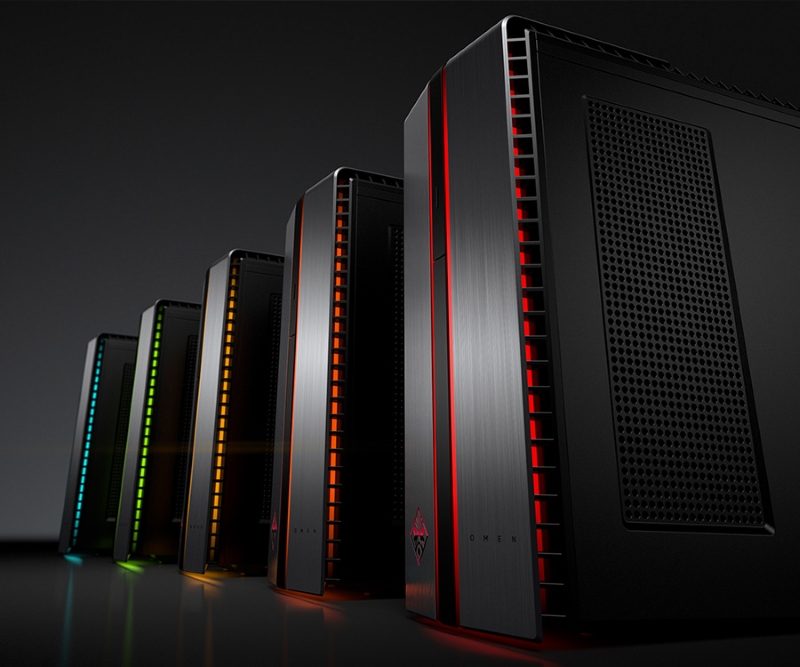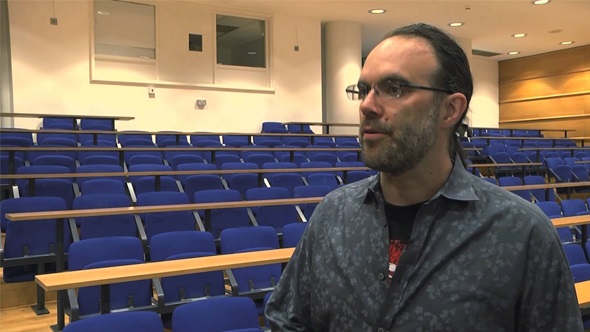Former Xbox Engineer: PC is “Forgotten and Confused”
Ashley Allen / 7 years ago

Over the last decade, PC sales have plummeted, while mobile devices – mainly smartphones and tablets – have soared. For most people, carrying a mini computer in their pocket serves their needs better than a bulky desktop system. In other words, mobile is where the money is. As a result, chip manufacturers have shifted focus from making fast processors to make them more energy efficient instead. As a result, PC support has suffered. Or, as former Xbox engineer Boyd Multerer (below) puts it, “who cares about PCs anymore?”

Multerer: “This is About Billions of Phones”
Multerer, former founder and engineer for Xbox Live and Xbox One, bemoaned the state of PC support during his Develop talk on Wednesday (12th July). He explained why Intel and ARM are shifting towards mobile CPU development, saying (via PCGamesN):
“Mobile phones drive the research of CPUs, there’s no question about it. [T]he market is phones. Who cares about a couple of hundred million PCs anymore? This is about billions of phones.”
As a result, he says, it “leaves the desktop PC as the confused, kind of forgotten platform,” he told PCGamesN afterwards.
Server Benefits
While PCs are suffering from a focus shift to mobile, the resulting CPU energy efficiency work is of benefit to data centre servers, Multerer says. He told PCGamesN:
“The effort into having lower power performance on mobile is absolutely benefitting us on the servers.
That’s why Facebook put a data centre in the northern part of Norway. Because to cool it they just have to open the windows and the roof and it’s cold.
The more you can take off those desktop PCs and put it on servers, [the more] you’re getting power efficiencies.
If they can lower the amount of power use of that instruction by a little bit, that gives them a competitive edge against other chips. The phone industry says I can have 16 CPUs so that when you want to run a complicated app I can go into high power mode and I’ll have all of them working at the same time and work really fast. As soon as that app goes to the background, 14 of those CPUs get turned off and sit there drawing zero power while the next app is in front.”



















